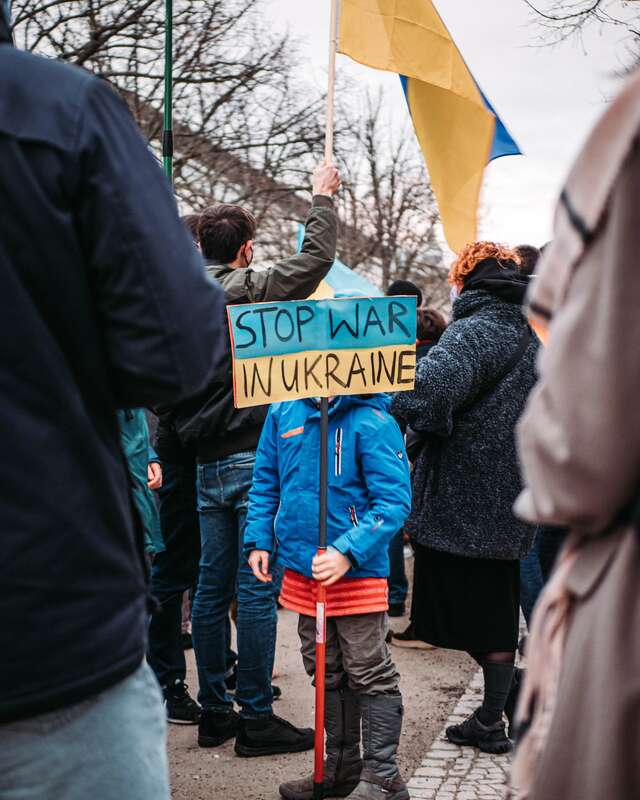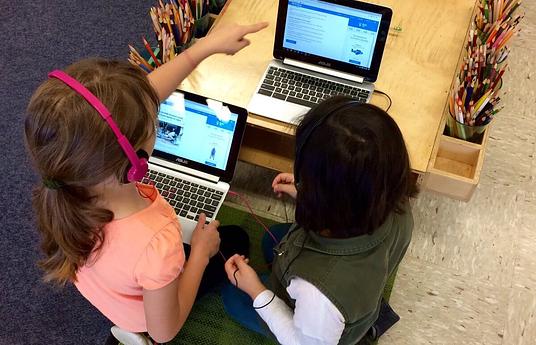The world can feel scary, especially when we are surrounded by relentless feeds of images and news everywhere. Whether we are sitting at lunch with our colleagues, to family dinners, to just checking your phone or computer. Unsettling information is all around us.
This is the same for the children and young people in our lives. As much as we try to protect them, they are experiencing life and events at the same time as we are, often with fewer strategies on how to cope and regulate their feelings.
Below are some examples of how parents and teachers can address the war in Ukraine with their children and students.
How to talk about the war in Ukraine
First things first, even though it can be uncomfortable to talk about the situation, opening the conversation around what is happening is helpful for children to help them process what is going on. Opening a conversation will:
- Help children make sense of what is happening
- Tackle misinformation
- Encourage compassion
The article How to talk to children about the invasion of Ukraine, and why those conversations are important from the Conversation offers strategies on starting and continuing the conversation with specific recommendations for different age groups.
This resource from Barnardos offers strategies for adults to think about when talking to children about war.
What can teachers do?
Below are a few articles that include strategies specifically for teachers on how to set the right environment to discuss the war on Ukraine, how to educate against hate and practical lesson plans to continue this conversation with students.
- Teachers can offer a safe space for students to talk about the war in Ukraine and help them take action
- Educate against hate
- New York Times Lesson - ‘The Invasion of Ukraine: How Russia Attacked and What Happens Next'
Tips for Navigating the media
News literacy is proving to be an essential skill as students and children are receiving more information than ever before. Here is a list of some great innovations helping students navigate online information and which sources can be trusted.
- News Lit Project - Combating disinformation about the war in Ukraine: The News Literacy Project empowers educators to teach students the skills they need to become smart, active consumers of news and other information and engaged, informed participants in civic life. During the Coronavirus pandemic, they are tackling the spread of misinformation by providing resources, tools & quizzes for students, teachers, and parents alike.
- Newsela: An instructional content platform that brings together engaging, accessible content with integrated assessments and insights to supercharge reading engagement and learning in every subject. Though most powerful as a digital platform, Newsela can be used without either devices or the internet with print options and offline access.
- The Civic Online Reasoning: Students are confused about how to evaluate online information. We all are. The COR curriculum provides free lessons and assessments that help you teach students to evaluate online information that affects them, their communities, and the world
- Students are on TikTok Talking About Ukraine—How Teachers Can Answer Their Question: Students are on Tiktok, sharing their worries and fears about the ongoing war in Ukraine. Check out some of the concerns students are raising as well as advice on how teachers can address their concerns and answer their questions.
These are a few resources to help you at home or in your classroom talk about the war in Ukraine. We will be continuing this series on the crisis in education with a follow-up article written by our HundrED Research team, highlighting innovations in continuing education when a crisis hits.





